Image
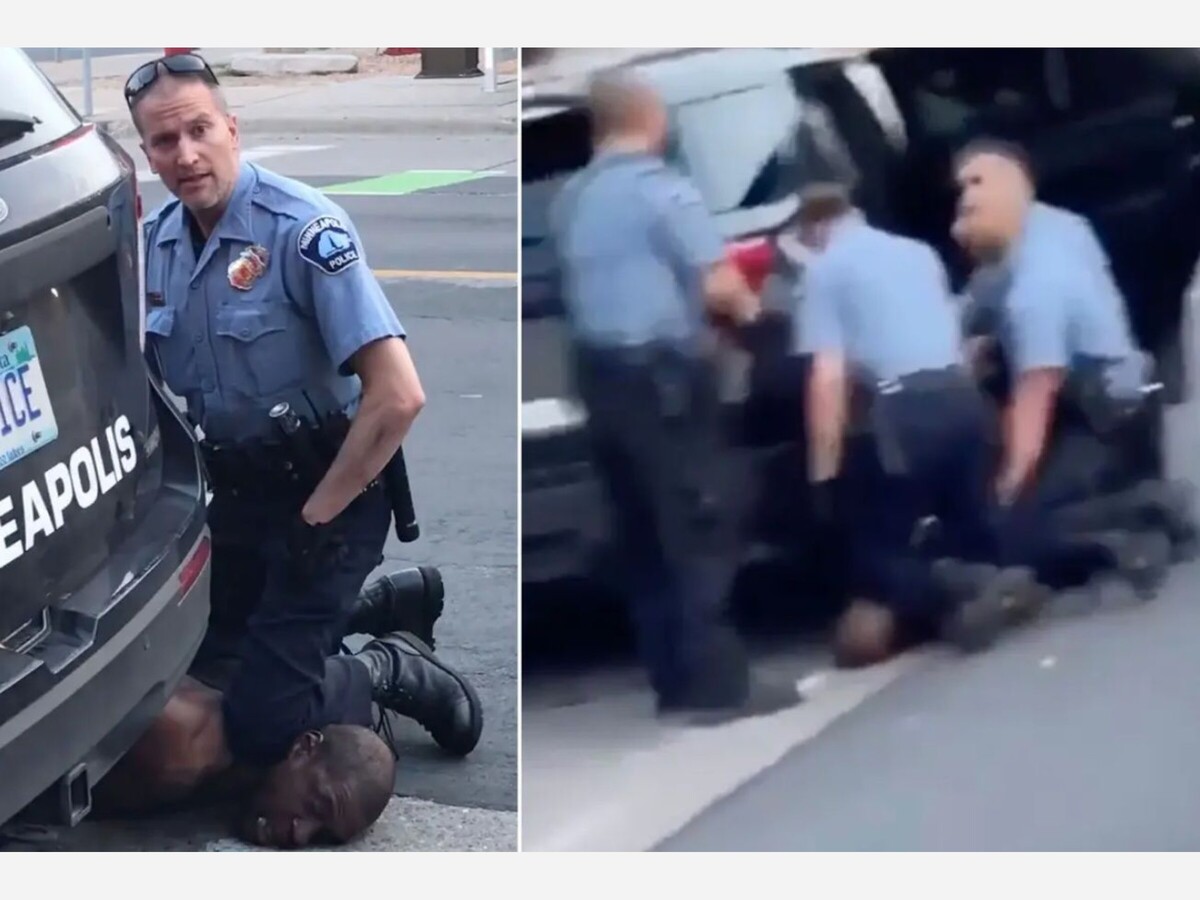
Tribute To George Floyd ✊🏾
Welcome to the fourth installment of our five-part series dedicated to exploring the profound and evolving legacy of George Floyd. In the preceding articles, we have delved into his life, the global outcry sparked by his tragic death, and the initial societal and corporate responses to calls for racial justice.

As we mark five years since his murder in May 2020, this fourth piece examines the global impact of that awakening and confronts the lingering, often difficult, questions about lasting change, particularly in light of significant recent shifts in the political and social landscape.
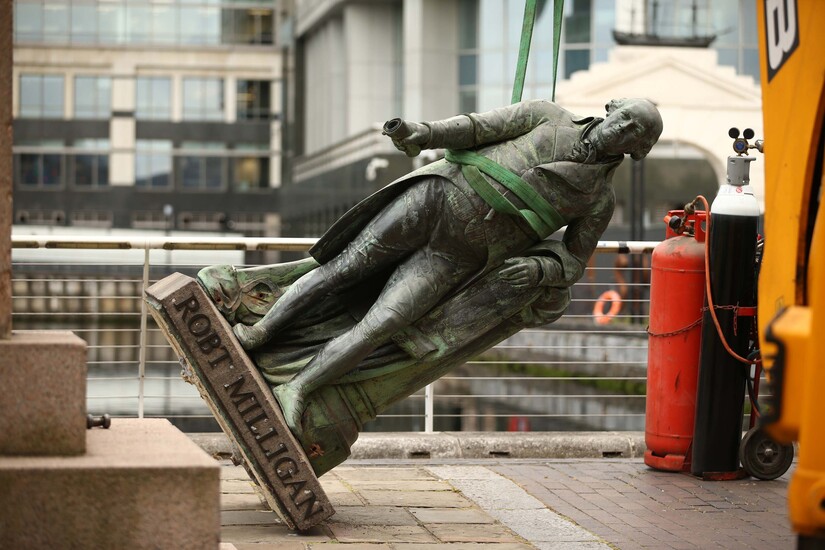
The murder of George Floyd ignited a global firestorm, a collective roar for racial justice that transcended borders. His death, a stark visual testament to systemic oppression, spurred millions worldwide to confront uncomfortable truths within their own societies. From the toppling of colonial statues in the United Kingdom to intensified demands for accountability regarding Indigenous deaths in custody in Australia, the reverberations were profound and undeniable.
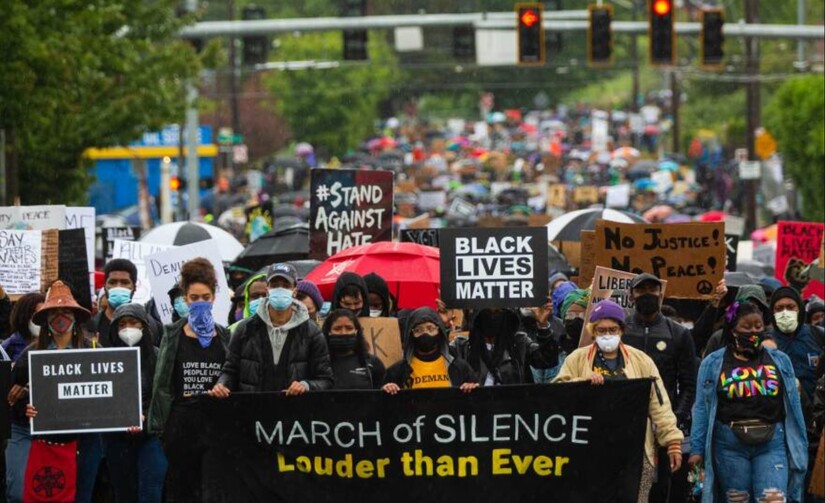
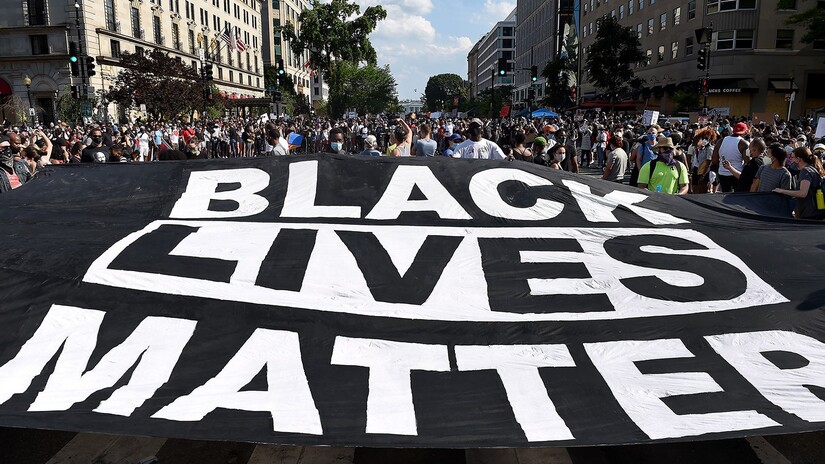
The Black Lives Matter movement, already a potent advocate for change, experienced an unprecedented surge in international support. People from all walks of life marched, protested, and stood in solidarity with those demanding racial equity. In the wake of this global reckoning, corporations made public commitments to reform, pledging significant investments in diversity, equity, and inclusion (DEI) initiatives. The urgent question then, as it is now, was the extent to which this profound awakening would translate into substantive and enduring change.
Five years later, the landscape appears markedly different, presenting new and formidable challenges. Recent public opinion surveys offer a nuanced view: a May 2025 Pew Research Center report indicates that while 70% of U.S. adults still believe the increased focus on race and racial inequality after Floyd's murder represented a change in national consciousness, 72% say these changes have not led to improvements in the lives of Black people. Support for the Black Lives Matter movement, which peaked at 67% of U.S. adults in June 2020, stood at 52% in May 2025, with views on police-Black community relations remaining deeply polarized, often along political lines.

Compounding these complexities, a new federal administration has initiated significant shifts in policy. Executive orders have been signed to curtail DEI programs within federal agencies, with directives encouraging the private sector to move away from such initiatives. Numerous corporations, once vocal in their support, have begun to scale back their DEI commitments, sometimes citing the changing political and legal climate. For instance, companies like Verizon, Deloitte, and Meta have reportedly dissolved or significantly altered their DEI teams.
Furthermore, the Department of Justice announced in May 2025 the dismissal of proposed consent decrees aimed at reforming police departments in Minneapolis and Louisville – cities central to the 2020 protests. These agreements were intended to address findings of unconstitutional policing practices. This policy reversal has been met with dismay by civil rights advocates who see it as a setback for accountability.
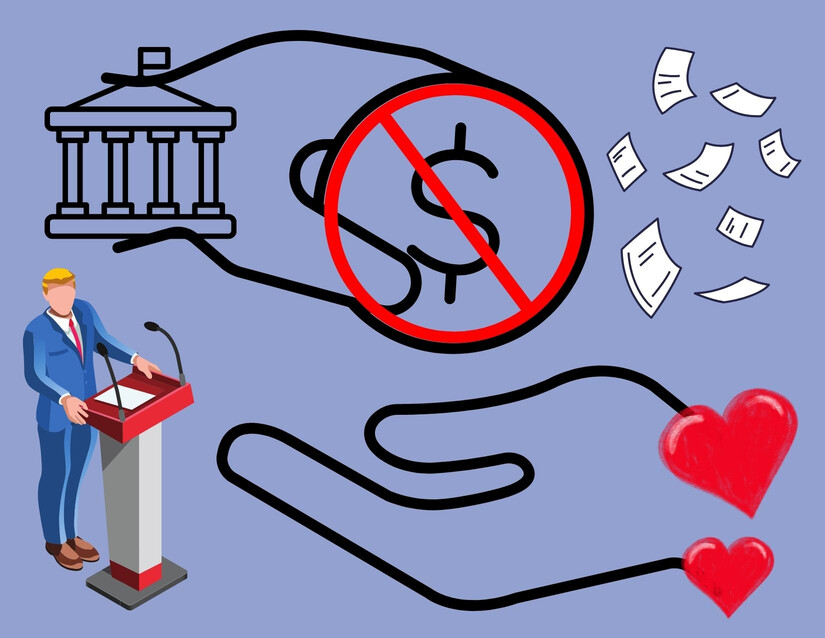
Concurrently, nonprofit organizations, including many that provide crucial services to African American communities, are facing a challenging funding environment. Reports indicate potential freezes and cuts to federal funding streams, including the cancellation of hundreds of public safety grants in April 2025, which could impact community-based violence prevention programs and other essential services.
The initial shock and outrage following George Floyd's death created a unique crucible for introspection and potential progress. While some legislative and policy reforms were achieved in certain jurisdictions regarding police accountability in the immediate aftermath, the current climate underscores the immense difficulty of dismantling deeply entrenched systemic racism.
The world was indeed awakened by the tragedy of George Floyd. Yet, as the tide of public and political priorities appears to be shifting, the critical question is not just whether the world will continue to act, but how those committed to racial justice can navigate this altered terrain to sustain the movement for fundamental, lasting change. The fight against racism and police brutality, always a marathon, now faces redefined obstacles demanding renewed resilience and strategic rededication.